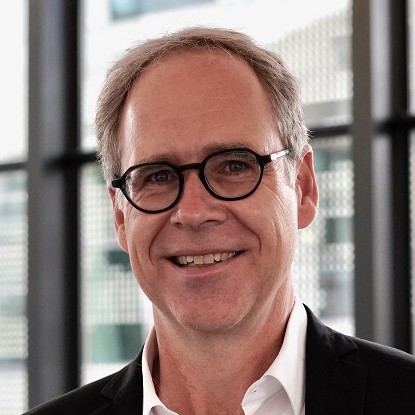Dr. Artem Volosniev
Questionnaire to the Research Fellow
To a layman I would explain it in the following comprehensible manner:
Imagine that you walk in a shallow lake. It is hard, because you loose your energy by pushing water and creating waves. To calculate this energy loss one should study the classical motion of the walker in the lake. I want to study the situation when the walker moves not classically but quantum-mechanically. Loosely speaking, during my stay in Darmstadt I will take an atom to be the walker and many cold bosons to form the lake, and investigate what happens.
My most important success in research to date is
the calculation of the energy spectrum of strongly interacting cold atomic systems confined in one spatial dimension and deciphering the magnetic correlations in such systems.
I’ve chosen the TU Darmstadt because…
Professor Hammer's group and I share similar research interests.
Questionnaire for the host
Guest of: Prof. Dr. Hans-Werner Hammer
Department: Department of Physics, Institut für Kernphysik
You appreciate in your guest / your guest favourably impressed you by his previous research achievements in the area of strongly interacting few-body systems and his interest in a broad range of physics problems.
You, your team and the TU Darmstadt benefit from your guest’s…
expertise in the physics of strongly interacting few-body systems, his enthusiasm to work with students, and his theoretical toolbox that complements the methods established in our group. His presence allows us to expand our research into the area of impurity physics which is a timely topic relevant to cold atoms and nuclei.







